
Chukat: The Question No One Can Answer
Many of us search for deeper meaning in today's career obsessed, fast paced, superficial realities. We hope to drive our lives in a direction...

Many of us search for deeper meaning in today’s career obsessed, fast paced, superficial realities. We hope to drive our lives in a direction that brings us long term satisfaction. It is this search for life’s significance that has led many of my non-religious contemporaries to admit that they admire their mitzvah observant brothers and sisters.
A friend recently told me that although living a Torah observant life wasn’t for him, he admired the emphasis Torah observant Jews placed on family. This being said, my friend explained he didn’t want to be religious because he didn’t see the need for all of the restrictions of being observant. For him, the laws of Kashrut and Shabbat appeared out-dated and illogical. I didn’t have the heart to tell him that explaining Kashrut and Shabbat was easy compared to explaining the mitzvah of sacrificing a Red Cow!
THE RED HEIFER
In Parshat Chukat, Hashem commands the children of Israel to take a completely red cow, without a blemish, to give to Elazar the Kohen to sacrifice (Bamidbar 19:1-3). The ashes of the sacrifice are used to purify those who are spiritually impure, yet at the same time those who came in contact with the sacrifice became impure. Sound confusing? It has puzzled humanity for millennia.
The Ramban states that this mitzvah, which is to be performed in the field rather than in the Temple, is one that invites the taunting of heretics. After all, since it’s outside, in the field, anyone can witness those ‘crazy’ Jews performing a mitzvah that they themselves don’t understand. Why would Hashem command us to do something that would encourage scorn from the outside? Through initially confusing, the mitzvah of the Red Heifer teaches us a profound lesson.
JUDAISM ENCOURAGES QUESTIONS
Judaism encourages questions. Torah does not shy away from any topic in the world. Want to know where you come from? What is the point of life? How to be happy? Ask a rabbi; open a Gemara, read breslev.com. But don’t ask how or why we sacrifice the Red Heifer! Rashi says that this mitzvah is a decree from the Creator and is not subject to question. Rashi’s descendants, the Baal Tosfot, go a bit further and say that one should not try to explain this precept because God gave us His best and most secret commandments in the form of a “Divine kiss,” as it were, like the intimacy of a lover to his beloved (Artscroll, commentary from Avodah Zarah 35B).
These explanations, cloaked in mystery, demand an answer. We are supposed to be able to understand everything …or are we? Rabbi Zev Leff distinguishes between taste and reason to clarify the lesson of the Red Heifer. If asked why we eat, someone would likely respond that we must eat to live. If pressed for a better explanation, he might expound on the nutritional benefits, such as energy and nutrients that can be derived from eating some things, like a delicious juicy steak, and not others, like rocks. But if we asked more philosophical, non-scientific questions, like “Why do human beings need nutrients to live?” or “Why can we get nutrients out of food and not from rocks?” one is led to the brink of existential chaos. The best answer we can offer is, “That’s how God made the world” (Outlooks and Insights, p 188).
Rabbi Leff goes on to explain that although we must eat to stay alive, God, in His infinite kindness, created the world in such a way that eating is enjoyable (depending on the chef). The delicious aroma of a warm, fresh baked challah or the amazing taste of cheesecake isn’t why we eat, but an extra perk that goes along with fulfilling our need for sustenance. After all, even if we had no taste buds we would still have to eat. Why must human beings eat to survive? Why couldn’t we just be born satisfyingly full and in great shape and stay that way the rest of our lives? Because that’s not how we were created.
In the same way, mitzvot provide sustenance for our souls, although we cannot understand why or how. We enjoy the flavor of the mitzvot, just like we enjoy the taste of food. Hashem made the mitzvot so delicious! The peace of Shabbat, the swell of joy that accompanies doing the right thing, all these things add flavor to our lives. Yet this exhilaration is not the reason why we do the mitzvot. In the same way that a person with no taste buds must still eat, a mitzvah with an unusual ‘taste,’ is still necessary for our spiritual health.
Every mitzvah is as unexplainable as the Red Heifer. Only God understands why and how wrapping tefillin or washing one’s hands before eating bread is as spiritually necessary as feeding the poor or visiting the sick. As human beings, we must accept that God made the world according to His wisdom, and while we can enjoy His universe, the “whys” of creation evade our limited mortal perspective.
THE GREATEST WISDOM
Rebbe Nachman teaches, “To know that one does not know is the greatest wisdom.” It is this nugget of consciousness that adds the zest to life. Knowing that we cannot understand everything is of itself a blessing! Understanding leads to familiarity and familiarity leads to boredom.
The exhilaration we feel when we experience something amazing for the first time stems from our unfamiliarity with it. The euphoria of the unknown can be fused into our daily lives by following Rebbe Nachman’s simple teaching.
Every moment of our lives is new. We are perfectly unique beings, enjoying a unique moment in God’s vast universe. By recognizing that Hashem rules the world according to laws comprehensible only to Him, we allow our relationship with the world and with God to be one that is both fresh and that is built on an ever-deepening trust and commitment.
Rabbi Munk writes, “An essential component of wisdom is the knowledge that man’s failure to understand truth does not make it untrue” (The Call of the Torah, Parsha Chukat). By recognizing that we do not control our destiny, the mystery of the journey becomes ever intensified. In the same way that our other senses become more acute in pitch darkness, when we recognize the darkness that surrounds the limits of the human mind, our intellect becomes greater.
Hashem blessed us with a world that is doubly pleasurable. Not only do we get to enjoy the flavor of this world, in all of its brilliance and complexity, but we also derive phenomenal pleasure from probing and searching the vastness of a creation far beyond our comprehension. These mysteries of the universe are the intimate, exhilarating secrets of the world that the Baal Tosfot refers to as the “Divine kiss” of Hashem. May we all merit heightening our sensitivity and broadening our connection through our ongoing and uplifting discovery of the Almighty.


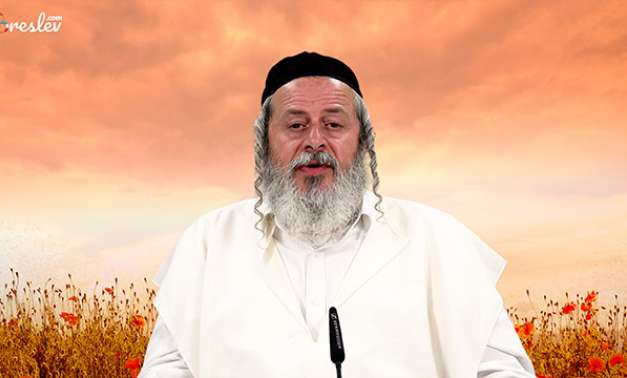
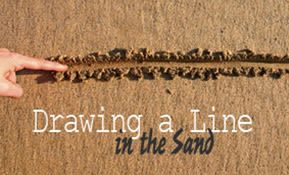


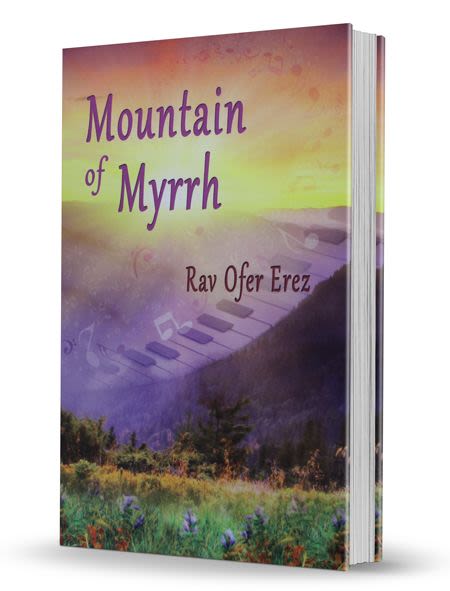
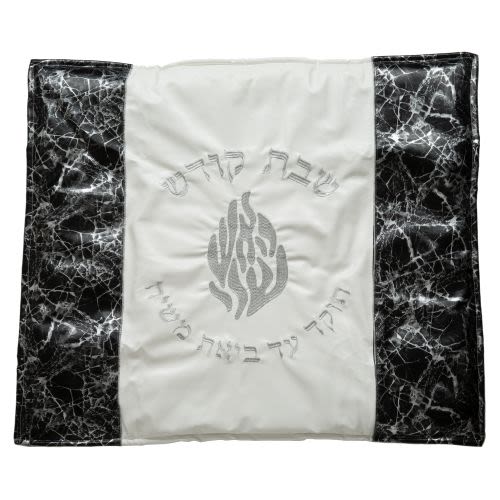
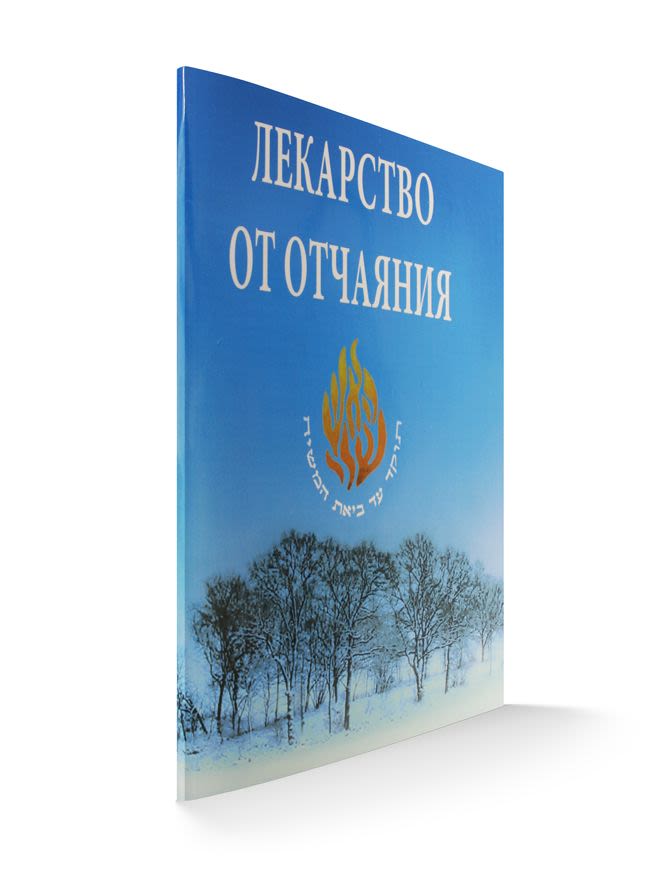

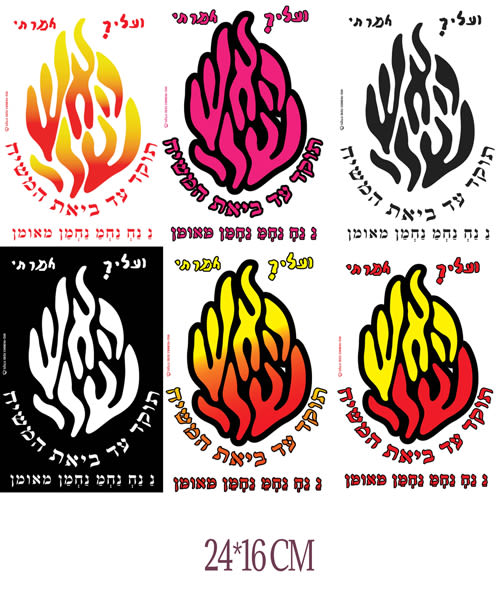

Tell us what you think!
Thank you for your comment!
It will be published after approval by the Editor.